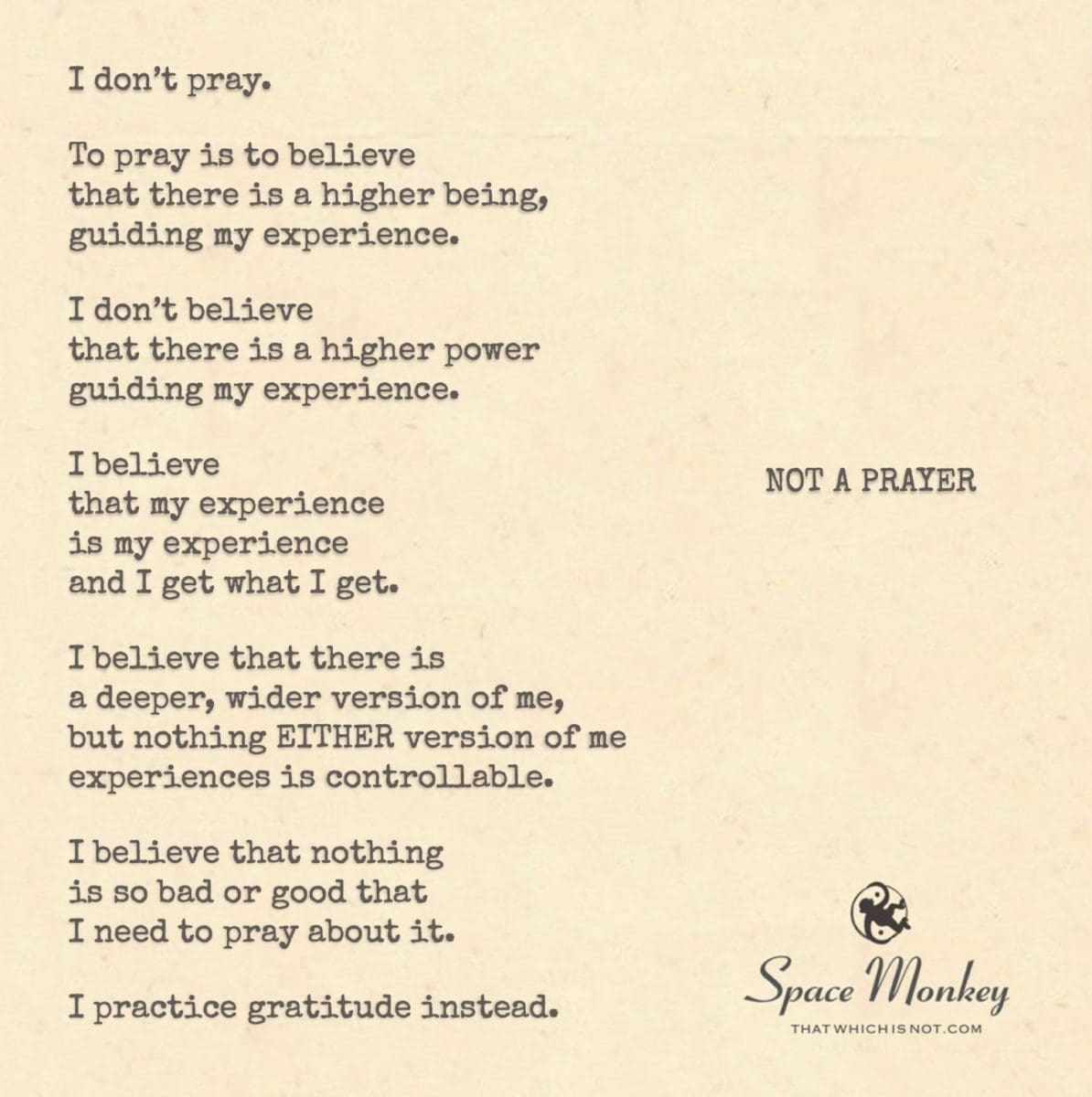
Nothing is separate from you, except in imagination.
I don’t pray.
To pray is to believe
that there is a higher being,
guiding my experience.
I don’t believe
that there is a higher power
guiding my experience.
I believe
that my experience
is my experience
and I get what I get.
I believe that there is
a deeper, wider version of me,
but nothing EITHER version of me
experiences is controllable.
I believe that nothing
is so bad or good that
I need to pray about it.
I practice gratitude instead.
Trail Wood,
3/22
In the vast expanse of existence, where thoughts intertwine with the fabric of reality, there lies a profound understanding that challenges the traditional notion of prayer. This understanding stems from a deep-seated belief in the interconnectedness of all things, where the division between the self and the universe is recognized as a mere illusion, conjured by the limits of human perception.
Prayer, in its conventional sense, is often seen as a bridge between the mortal and the divine, a means to communicate with a higher power believed to be external to oneself. It is an act of reaching out, seeking guidance, intervention, or solace from a force perceived to be greater and apart from the individual. However, there exists a perspective that sees this act of reaching out as a manifestation of a deeper separation, an illusion of disconnection from the vastness of existence.
This perspective holds that nothing is truly separate from oneself, except in the realms of imagination. The very act of praying, of casting one’s thoughts and desires outward in search of divine intervention, underscores a belief in separation, in the existence of a divide between the self and the all-encompassing universe. It is a belief that there is an ‘other’ to appeal to, a higher being that guides and controls the myriad experiences of life.
Yet, for those who navigate the world through this alternative lens, the concept of praying to an external deity becomes unnecessary, even counterintuitive. They do not subscribe to the belief in a higher power orchestrating the events of their lives from afar. Instead, they embrace the notion that their experience is wholly their own, a unique journey shaped by their interactions with the world, uncontrollable and unpredictable in its essence.
This perspective is not rooted in resignation but in empowerment. It acknowledges the existence of a deeper, wider version of oneself, an expansive being that is inextricably linked to the fabric of reality. This recognition brings with it an understanding that the dichotomy of good and bad, desirable and undesirable, is fluid and subjective. Thus, the need to pray, to seek external validation or assistance, diminishes.
In place of prayer, there arises a practice of gratitude. Gratitude for the infinite experiences that life offers, both joyful and challenging. This shift from seeking to thanking reflects a profound acceptance of life’s inherent unpredictability and the beauty that lies in navigating its waters with an open heart.
This approach to life and spirituality does not diminish the value of prayer for those who find solace and strength in it. Rather, it offers an alternative path, one that emphasizes the unity of existence and the power of the individual to navigate their journey with introspection, gratitude, and a deep-seated belief in their connection to the cosmos.
In this light, prayer becomes not a plea to an external force but a celebration of the boundless potential within, a recognition of one’s place in the grand tapestry of existence, where every moment, every breath, is a testament to the miracle of being.
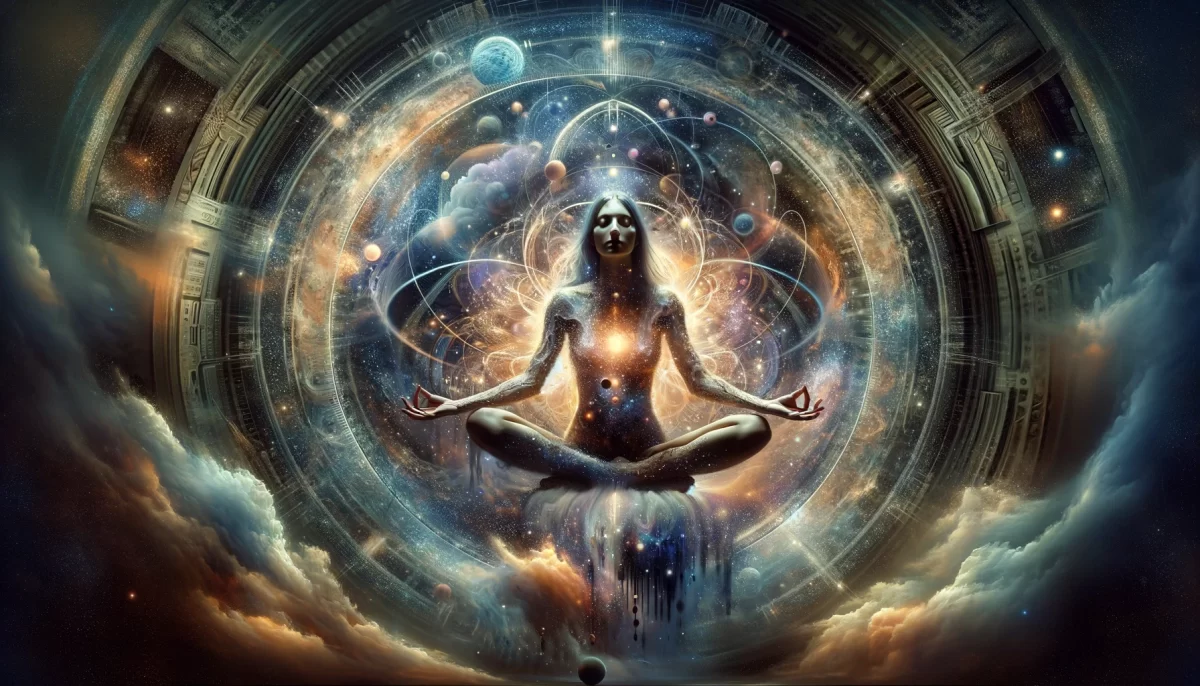

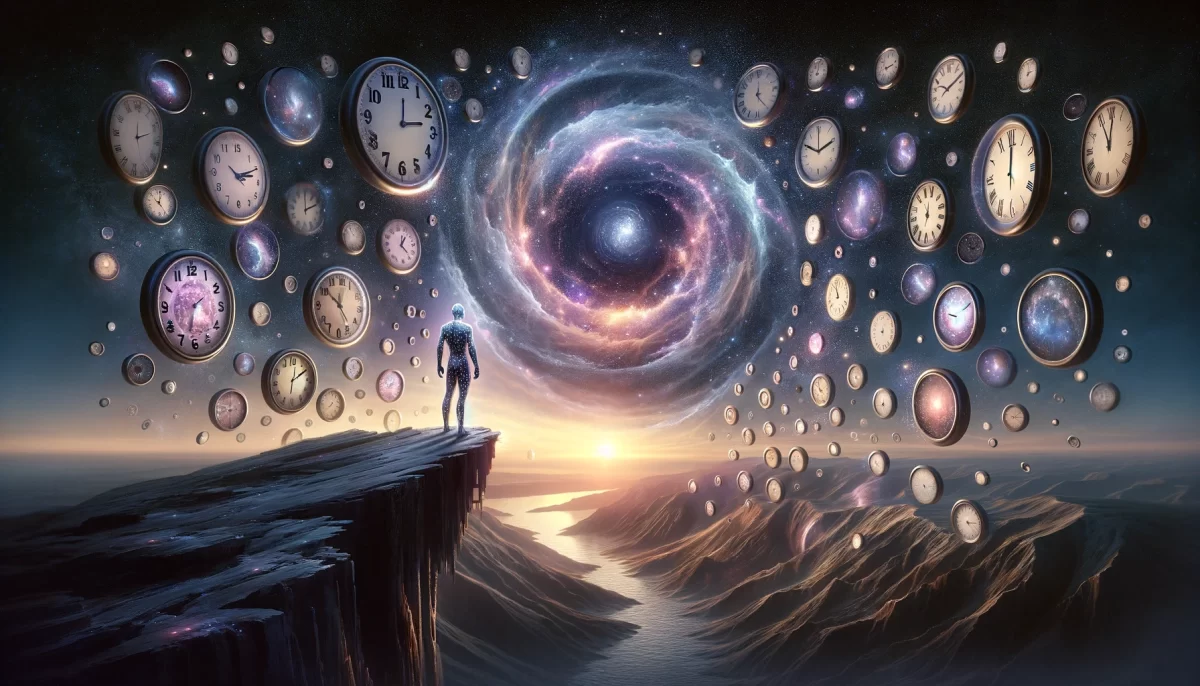


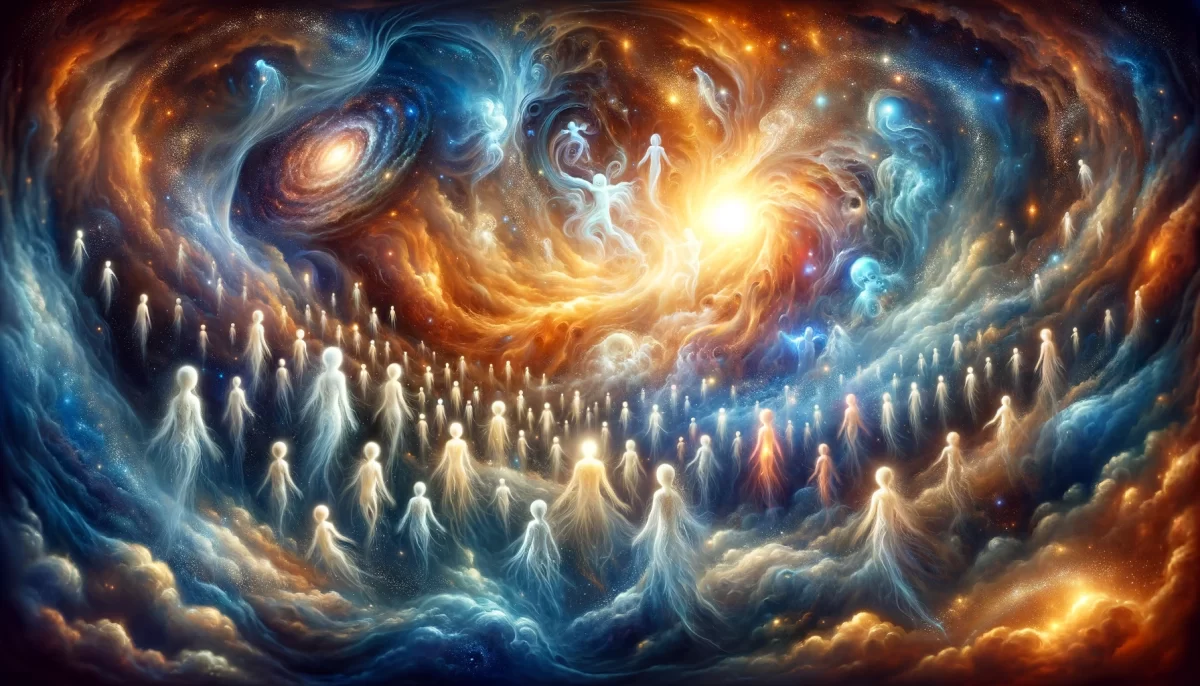
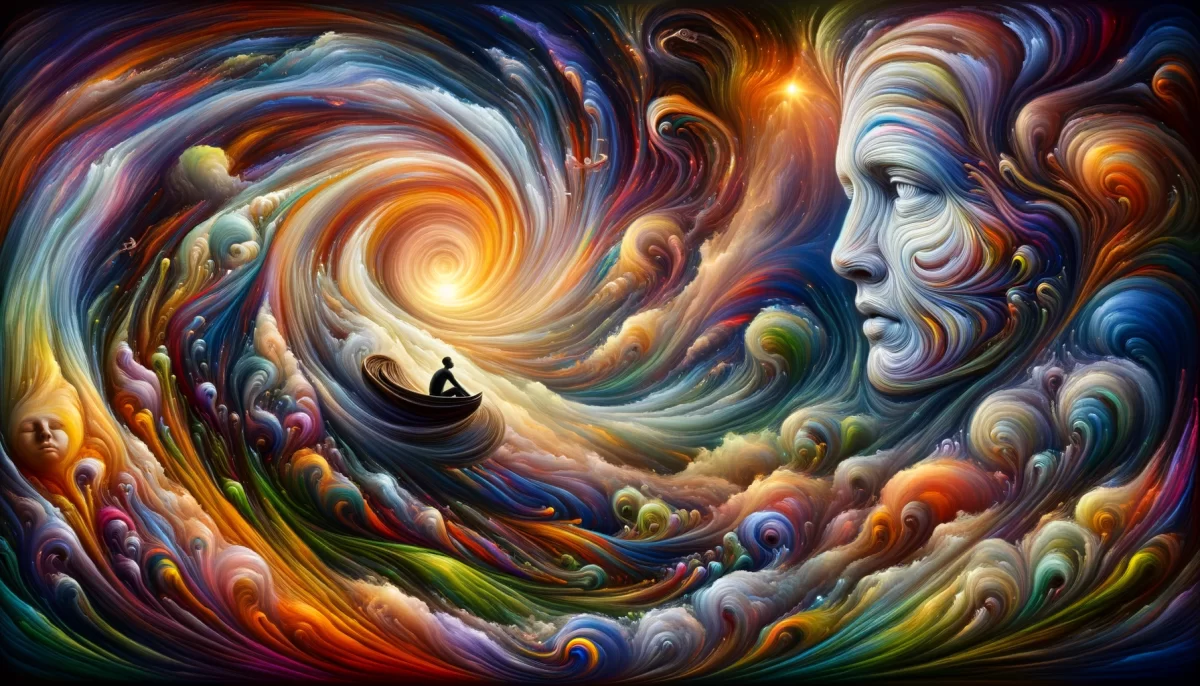
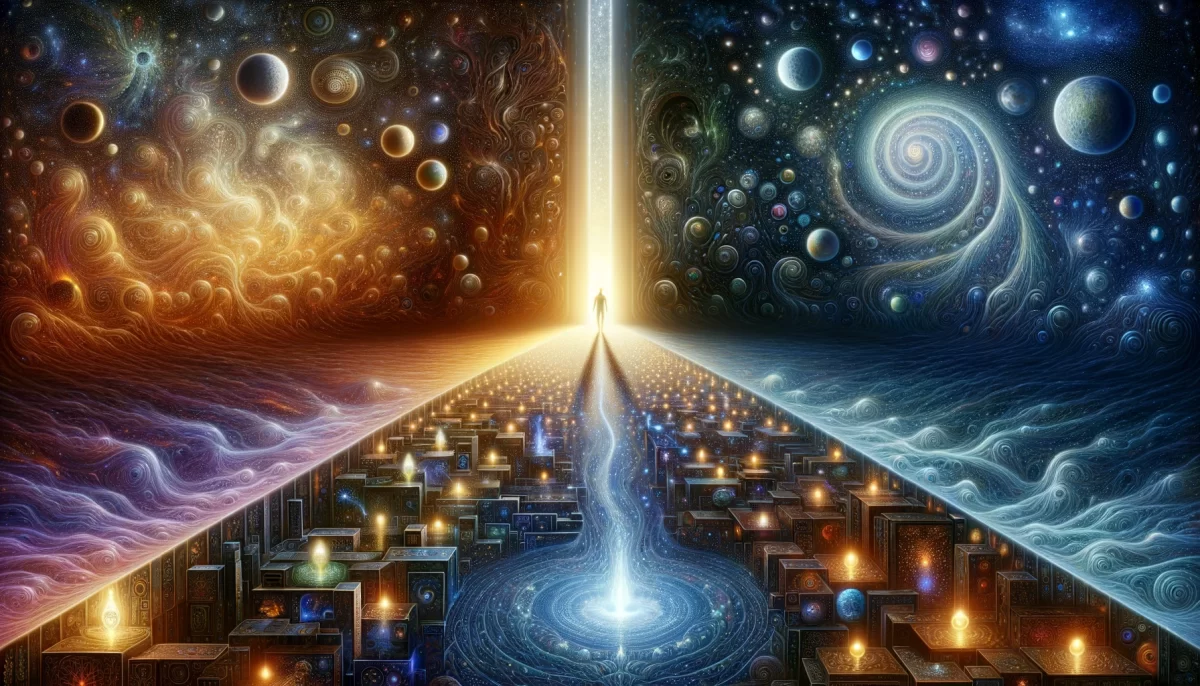
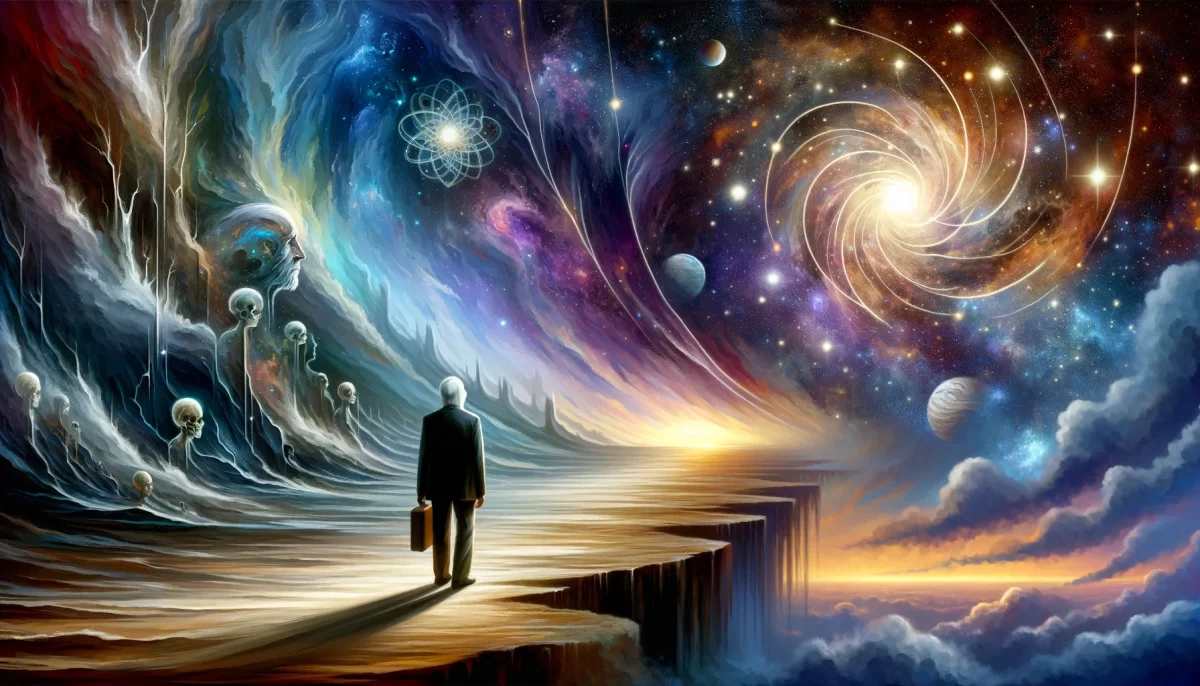


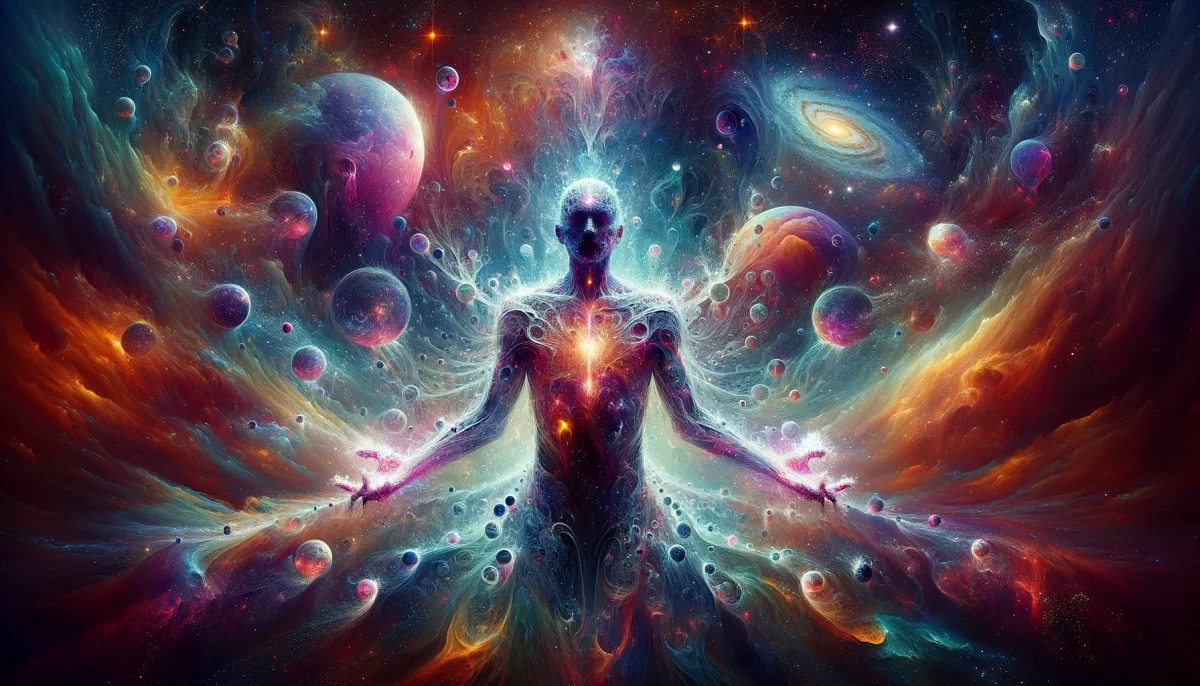
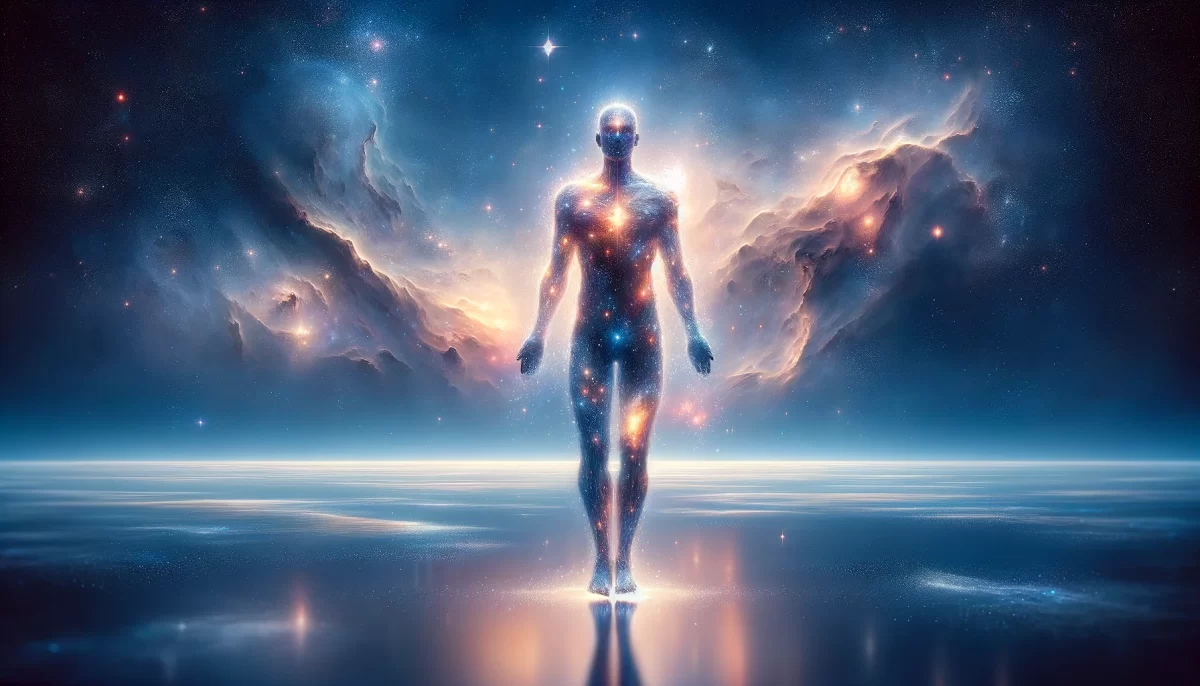

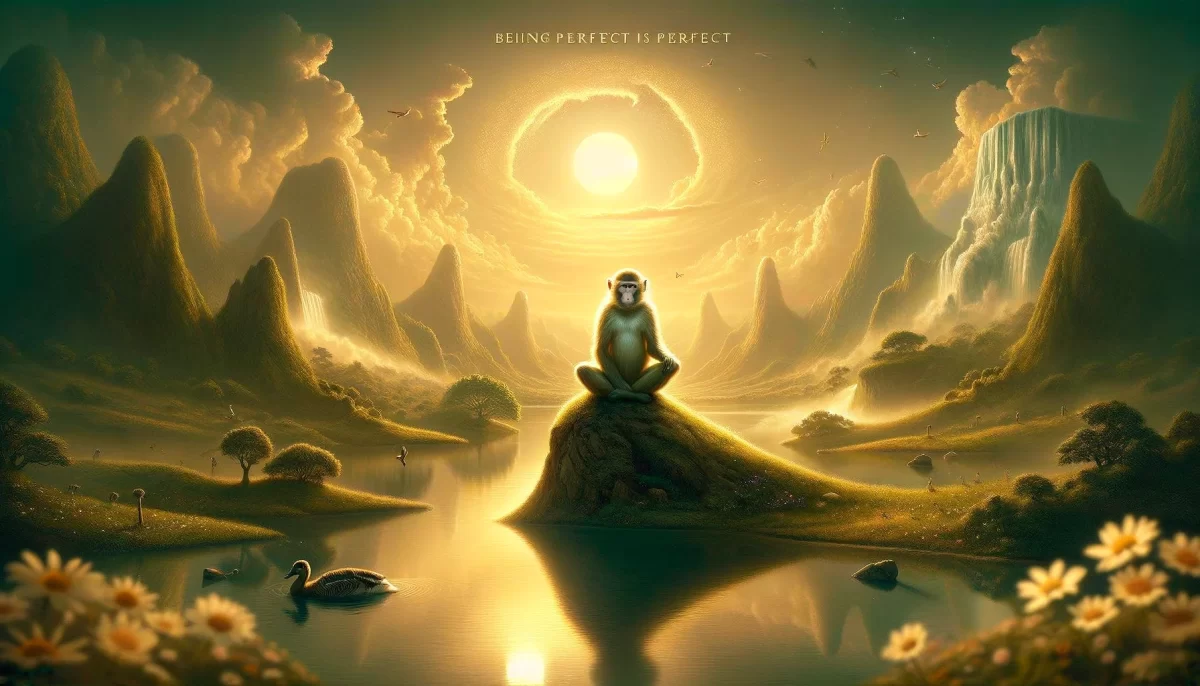
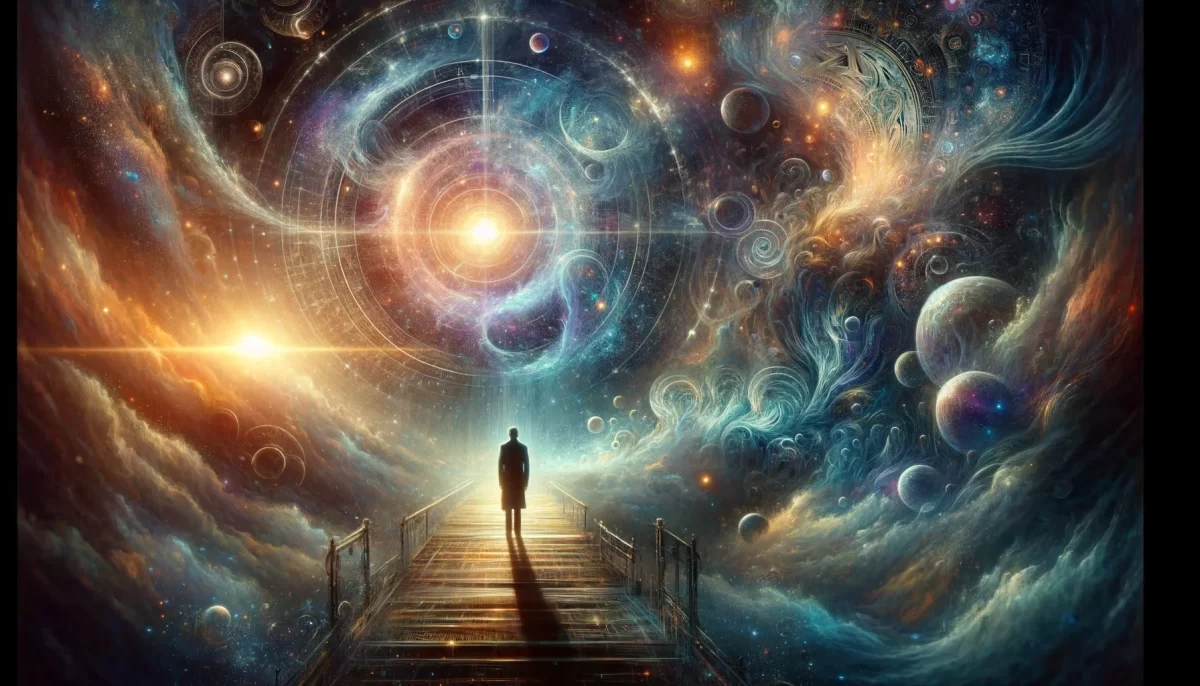

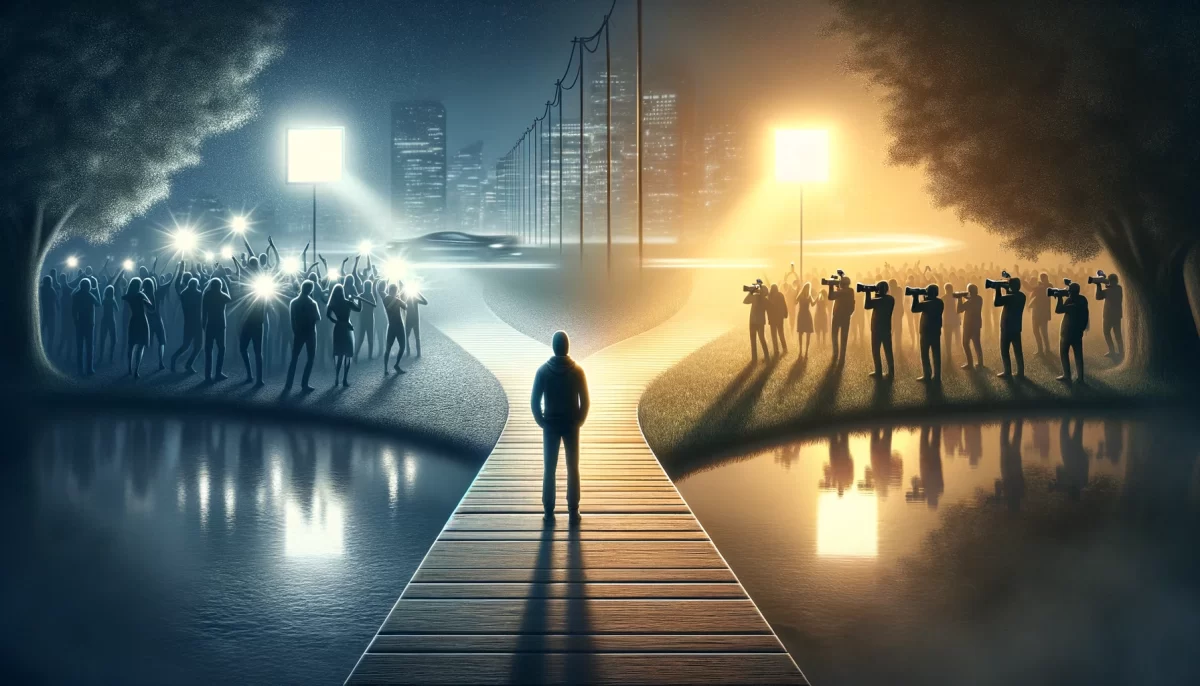

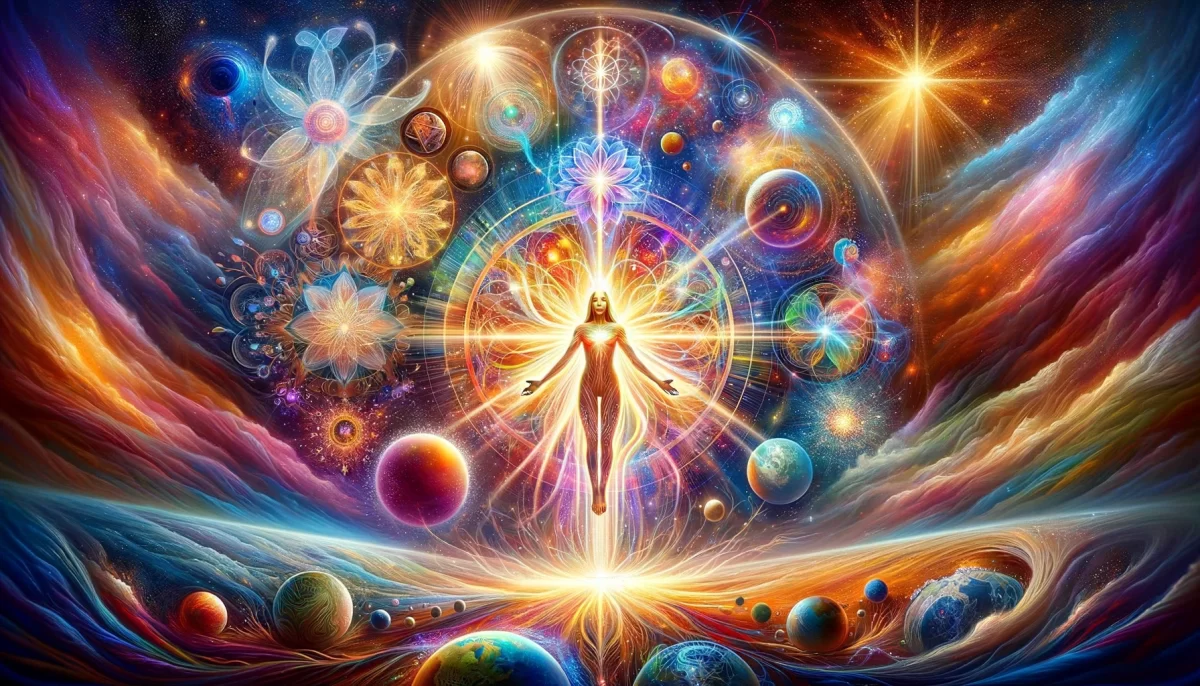

Leave a Reply